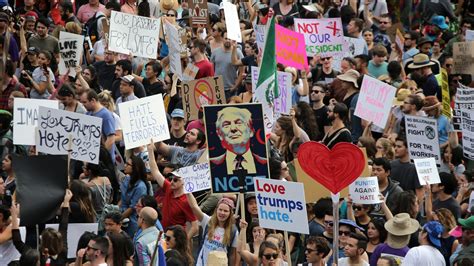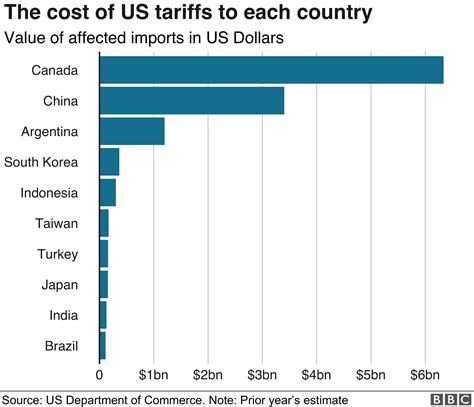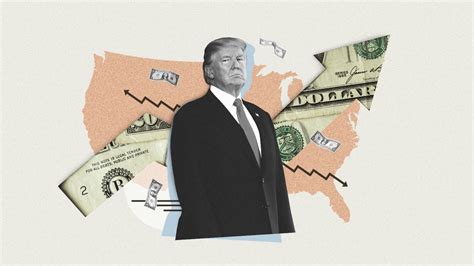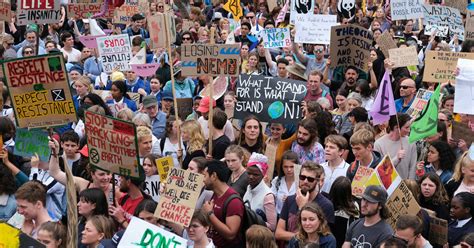President Donald Trump has urged Americans to “hang tough” as a 10% baseline tariff on all imports went into effect, marking a significant turn of events in the realm of international trade. The impact of these tariffs is reverberating across the globe, with countries like the UK and France feeling the brunt of the economic repercussions.
Market Turmoil and Policy Changes
The introduction of these tariffs has led to market volatility, resulting in major stock indexes in the US plummeting by more than 5%. President Trump remains resolute in his stance, describing this economic upheaval as “an economic revolution” that the US is bound to emerge victorious from. Despite protests erupting across Washington DC and New York against Trump’s policies spanning various sectors, including the economy and government cuts, he stands firm in his assertion that staying resilient will lead to historic outcomes.
Expert Insights:
According to trade analysts, Trump’s tariff strategy has sent shockwaves through global supply chains, causing disruptions and uncertainties for businesses worldwide. This move could potentially reshape international trade dynamics significantly.
Global Ramifications
As countries like China face retaliatory responses due to being severely impacted by these tariffs, tensions escalate on an international scale. China announced retaliatory tariffs of 34% on US imports – mirroring Washington’s actions towards Beijing. The EU also braces for a 20% levy amid escalating trade tensions with the US.
Industry Response and Proposed Solutions
In response to this unfolding scenario, prominent figures like billionaire Elon Musk have proposed solutions such as moving towards a “zero-tariff situation” between Europe and North America. Such initiatives aim at fostering a free-trade zone that could potentially alleviate some of the trade-related strains currently experienced globally.
Expert Insights:
Trade experts believe that establishing zero-tariff arrangements between major economies could pave the way for enhanced cooperation and economic stability amidst ongoing trade disputes.
Political Engagements and Diplomatic Conversations
World leaders are engaging in diplomatic dialogues following Trump’s tariff implementations. British Prime Minister Sir Keir Starmer held discussions with French President Emmanuel Macron regarding their shared concerns about the broader economic implications stemming from these tariffs. Their consensus reflects a cautious approach while acknowledging the necessity of keeping all options open amid evolving global circumstances.
The Path Forward
Amid widespread uncertainty surrounding international trade dynamics post-tariffs implementation, businesses are recalibrating their strategies to navigate this new landscape effectively. From supply chain adjustments to policy advocacy efforts, stakeholders are evaluating their next steps amidst this period marked by heightened economic complexities.
As nations grapple with shifting trade dynamics influenced by geopolitical decisions, adaptability emerges as a key asset for navigating these turbulent times successfully.









Leave feedback about this